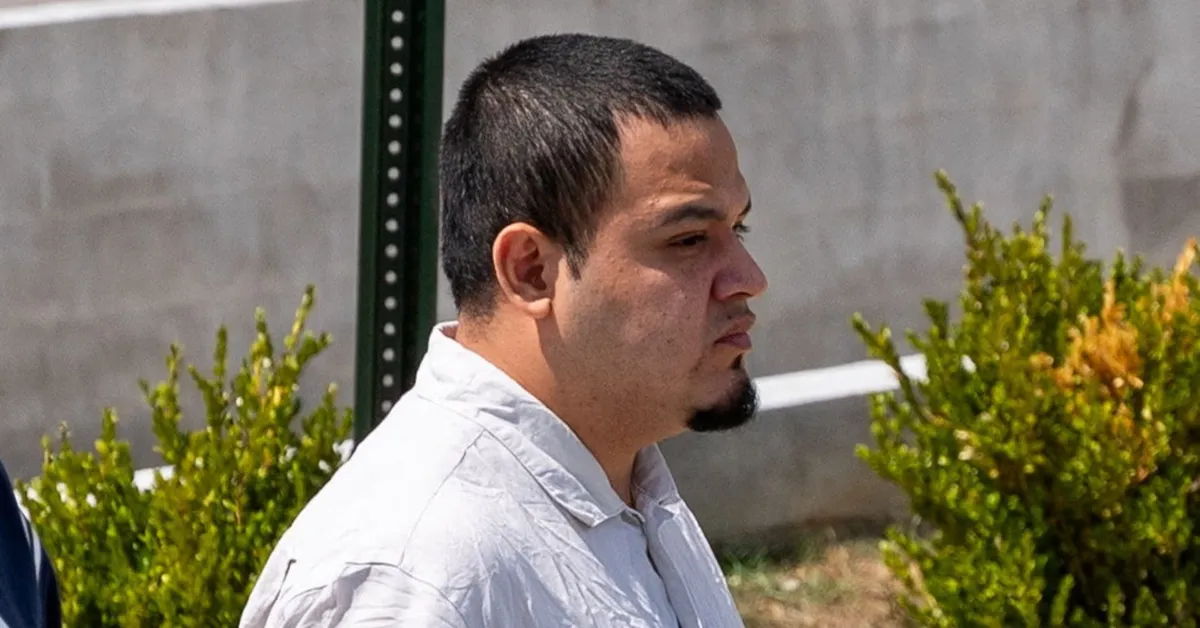
Kilmar Abrego, a migrant whose wrongful deportation to El Salvador in March became emblematic of former President Donald Trump's stringent immigration policies, was released from criminal custody in Tennessee on Friday, as confirmed by his lawyer. At 30 years old, Abrego was deported on March 15, despite a 2019 immigration court ruling that prohibited his removal due to potential persecution from gangs in his home country.
After his deportation, Abrego was flown back to the United States in June to face criminal charges related to the transportation of migrants who were living illegally in the country. His case garnered significant media attention, especially as the Trump administration took no immediate action to rectify the situation, even in light of an official's acknowledgment that his deportation was an administrative error. A federal judge had also ordered the facilitation of Abrego's return.
Abrego has pleaded not guilty to the charges against him. His legal team has urged U.S. District Judge Waverly Crenshaw, based in Nashville, to dismiss the charges, arguing that the prosecution is retaliatory. They contend that the charges were filed in response to Abrego's lawsuit challenging the legality of his wrongful deportation.
Last month, Judge Crenshaw upheld the decision of U.S. Magistrate Judge Barbara Holmes, ordering Abrego's release from pre-trial custody. Judge Crenshaw determined that Abrego posed neither a danger to the community nor a flight risk. However, Judge Holmes delayed his release for an additional month at the request of Abrego's lawyers, who were concerned about the possibility of immigration officials detaining him upon release and deporting him to a destination other than El Salvador.
U.S. District Judge Paula Xinis in Greenbelt, Maryland, who is overseeing Abrego's civil lawsuit regarding his deportation, has mandated that officials notify Abrego's legal team three days prior to any attempts to send him to a third country. This measure is intended to give his lawyers the opportunity to challenge any potential removal.
Before his deportation, Abrego lived in Maryland with his wife and their child, as well as two children from his wife's previous relationship. Following his release, his legal team has arranged for a private security firm to transport him back to Maryland, where he is expected to report to a pretrial supervision officer.
Despite his release, Abrego's freedom may be short-lived. Upon arrival in Maryland, immigration officials could potentially take him into custody and commence deportation proceedings. The administration has indicated that it is considering deporting him to either Mexico or South Sudan.
This ongoing situation highlights the complexities of immigration law and the challenges faced by those caught in the crosshairs of policy changes. The outcome of Abrego’s case may set important precedents for future immigration cases involving similar circumstances.
Reporting by Bhargav Acharya and Luc Cohen; Editing by Alistair Bell. Our Standards: The Thomson Reuters Trust Principles.